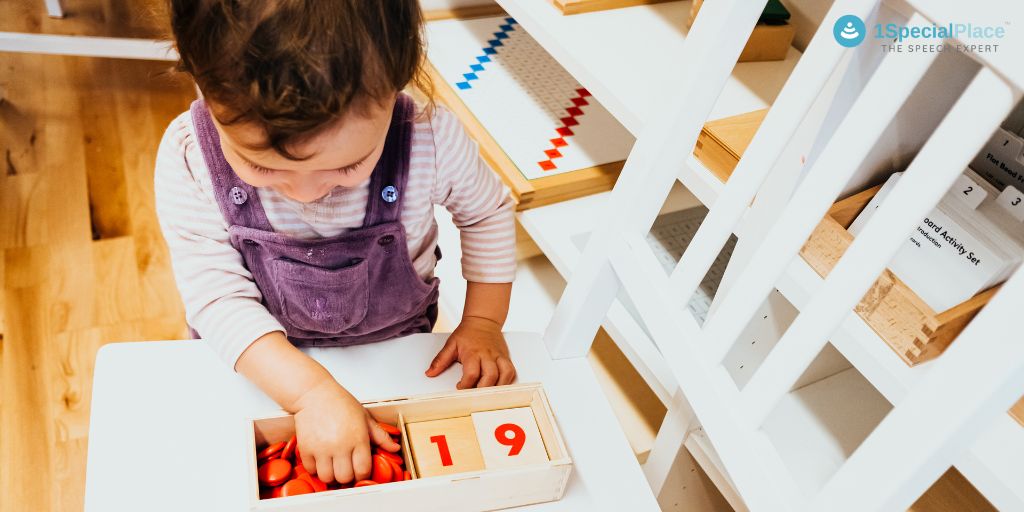
Social Thinking Methodology
Social Thinking Methodology
Social Thinking methodology is a program for everyone. It is ideal for kids from ages 4 to adults. We are talking about Social Thinking methodology in this blog. Michelle Garcia Winner, a speech-language pathologist created the concept of Social Thinking. In the ’90s. Further, she devised this methodology. As she was working with people with social/ communication and emotional learning difficulties. The method promotes strong social awareness and functioning. The Social Thinking curriculum is used globally. Further in several classrooms, schools, and districts. So, let’s talk more about Social Thinking Methodology.
What is Social Thinking Methodology?
Social Thinking method is evidence-based. Here the expert will help the person to improve their social competencies. These social competencies are:
- Self-regulation
- Social-emotional learning
- Executive functioning
- Perspective talking
- Social problem solving
Further, the Social Thinking method helps people understand themselves. Furthermore, helping them to navigate the social world and foster relationships. Overall, it improves a person’s performance. So in school, at home, and at work.
Who is a candidate for the program?
It is suitable for kids as young as four up to adulthood. Additionally, many kids have social learning deficits. Although they do not have any other specific diagnosis. Also, a few students struggle to maintain social relationships. Basically, it is for any person or child having a social difficulty. Specifically, it is beneficial for people in the below categories:
- Typical children and adults
- Autistic persons
- People with ADHD
- Persons with social communication disorders
- People with social anxiety
- Anyone with social-emotional learning difficulties
Further, professionals belonging to a wide range of specializations can avail of the certification in Social Thinking.
What is Social Thinking?
Social Thinking is a process. Further, by which we interpret the thoughts, beliefs, intentions, emotions, knowledge, and action of others. In other words, it allows a person to understand the deeper meaning of what others do in the world. We typically use Social Thinking in our life. Further, be it at work, school, or in social settings. Social Thinking is critical to success in life. Further, Social Thinking is a three-part process. This is:
- Social Thinking is our meaning maker. We watch and listen to interpret others’ ideas.
- Learning strong self-awareness, self-monitoring, and self-control. Using our social thinking to meet our social goals.
- Being aware of one’s emotions. Predicting and relating to the emotions of others. Our social thinking skills directly impact how other people behave with us.
Overall, Social Thinking focusses on Social-Emotional chain reactions. In other words, this means how we act directly affects how other people act towards us. So, this social-emotional chain reaction is taught. This teaching depends on the age of the person. Activities are different for kids and adults. Further, the tasks focus on specific deficits. People are taught skills to navigate the social world. This aids them to lead better social lives.
What are the Red Flags for Social Deficits?
Social Thinking can help your child if he/she has the below difficulties,
- Firstly, difficulty thinking about other’s feelings
- Secondly, making and keeping friends
- Thirdly, playing with peers
- Fourthly, staying calm in stressful situations
- Fifthly, reading the social cues of other people
So, these are some signs that suggest your child will benefit from this method.
How can I enroll in the Social Thinking program?
Social Thinking is done by professionals who are certified in the program. Find a clinician who is certified to get started. First, the professional will do an assessment. Then they will devise the plan going forward. Consult a professional today!
Please drop us a comment if you liked the article. Hope you gained some insights into the social thinking methodology.
If you wish to know more about Speech Therapy, kindly contact us!
For more ideas check out our other blogs
- Tele-Speech Remediation of Stuttering: A Case Study - April 22, 2023
- Voice Changes During Puberty in Teenagers - April 11, 2023
- Vital Stim Therapy for Swallowing Difficulty - April 4, 2023

Leave a Comment
(2 Comments)
Nice mam ,
I am speech therapist. From india
Glad you find our content useful.
Categories
Recent Posts